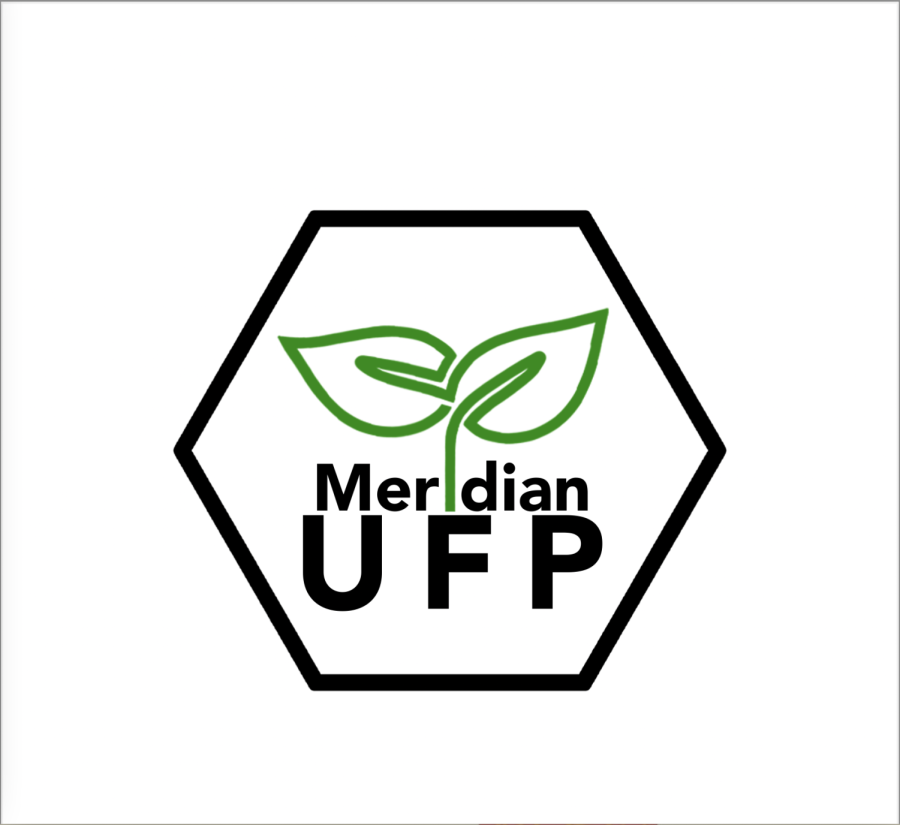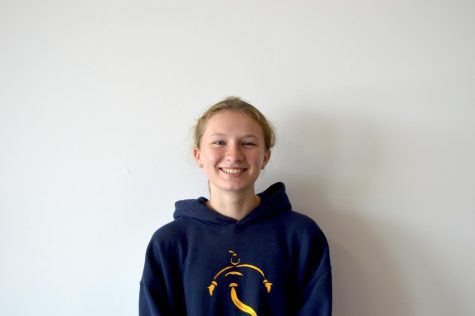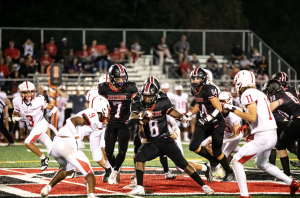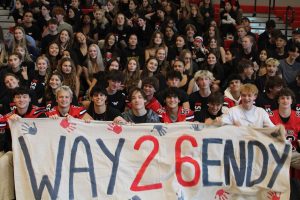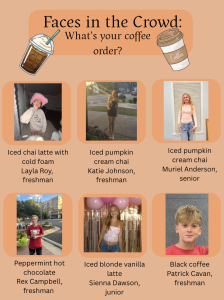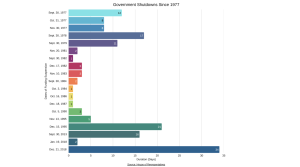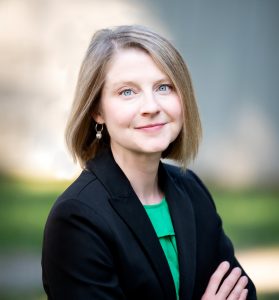The Urban Farm Project
The Urban Farm Project logo designed by Zaria Scholl.
April 28, 2022
Though currently in its beginning stages, the Urban Farm Project is going to be the next big thing at Meridian. The Urban Farm Project, which began at the start of the 2021-2022 school year, was inspired by the new environmentally friendly building as well as the idea of a Sustainability Academy.
“The idea behind the Academy is that students will be working on projects, independent projects, project-based learning experiences around the building, and the Urban Farm Project kind of holds a lot of those projects under one umbrella,” said Ms. Carey Pollack, an environmental teacher at Meridian who leads the project.
“As it stands right now, there are three series of programs; a design course, which Mr. [Kenny] George does, my class, which is energy, and Ms. Pollack’s, which is environmental systems and science,” said Dr. Ray Wu-Rorrer, one of the teachers participating in the Urban Farm Project. “So the students will go through, pick one of those pathways and they’ll complete a series of courses. Plus extracurricular activities, clubs, stuff like that.”
The Sustainability Academy offers the opportunity to become a Sustainability Scholar at graduation and receive a medal, similar to IB scholars. Although the IB Scholar award is more focused on course work, the Sustainability Academy is more service-based and independent.
This Sustainability Academy is not just focused on plants, green living, or farms.
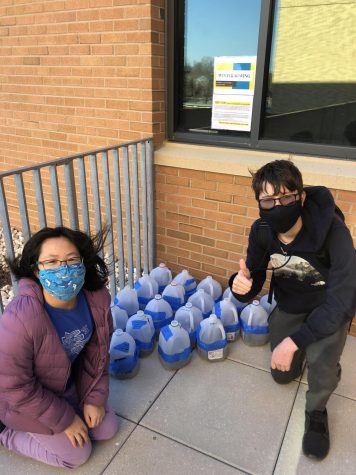
“[The Urban Farm Project includes] anything to do with cultivating a project and sharing it, like a plant or a fish or even a textile can all be considered part of the project,” Pollack said. “And I felt like it was good to have just one unified name so people start recognizing it and people ask what it is.”
Though this project is marketed more in the high school, it is also being implemented at Henderson Middle School with the projects that students are completing.
“We also have a garden project over at the middle school that a group is doing,” Wu-Rorrer said. “So, we’ll be integrating that. So, they’re currently eighth-graders, they’ll start the project at the middle school and then continue to work with it over the next couple of years as high schoolers too.”
The garden that the middle schoolers are planning is almost identical to the garden that the high school is planning, which will be built between the entrance of the school and the sports fields. However, the high school garden also includes pollinator habitats, with the intention of bringing attention to the importance of pollinators and the necessary steps to protect them. The purposes of building these gardens are also different. For instance, while the high school garden is more focused on supporting the school and allowing students the chance to interact with agriculture, the garden at the middle school will be used to grow plants that will be given to homeless people.
These gardens are projects that can be implemented now, but there are many other future projects that Pollack has in mind under the umbrella of the Urban Farm Project.
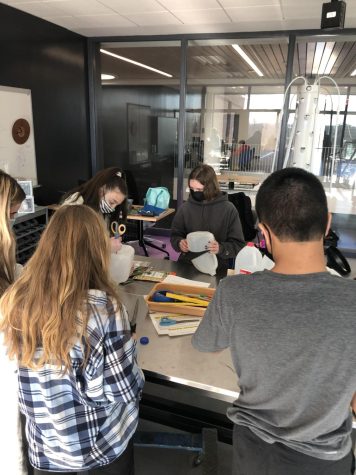
“I would love to have a koi pond,” Pollack said. “I think raising chickens and collecting eggs, running a regular farm stand, and sharing or producing or selling whatever we produce. We want to try to scale up the lettuce growth so that we can possibly provide the lettuce early in the cafeterias at a regular interval like maybe twice a month or something. We also want to get the tilapia tank filled again and have it interact with its own crops right above it so that the fish waste is fertilizing the plant garden above and someday maybe to even harvest fish. That’s like a big long-term goal because that’s not something that’s done inside schools.”
Though the purpose of the Urban Farm Project is to teach sustainability and agriculture it also encourages friendship and a shared passion for the environment.
“[A goal is] developing community around sustainable practices so that people are drawn to it, for social reasons, rather than just obligations,” Pollack said. “April 22 we’re gonna get out there again and then I think May 12th is our gardening day. It will be a school-wide invitation to come help.”
These gardens will play a big part in the long-term goals of the Urban Farm Project as well as the overall message of sustainability in Falls Church City.
“I think the city leadership of the schools and the actual mayor and the City Council have shown a commitment to sustainability as kind of a mission in our community and when they built a LEED-certified building they really recognize that we have a chance for students to learn both sustainability practices and things like that,” Pollack said.
“If students would like to get involved with the Urban Farm Project or would just help out, then there are many ways to get involved,” Pollack concluded. “One way is through clubs such as the Environmental Club or Students for Sustainable Development Club. Another way is a choice block called the Urban Farm Project where students just help out with the plants or fish in the vivarium.”
However, the simplest way to get involved is to just ask Ms. Pollack.
“I think the more students start asking and are visibly helping the more it’s going to draw other people in.



